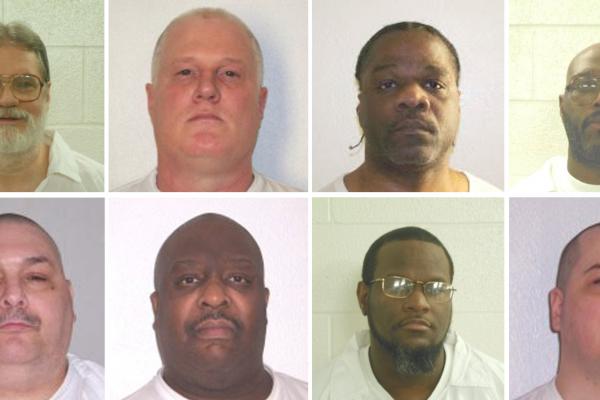Apr 5, 2017
The last time a U.S. state tried to execute two inmates on the same day, a poorly secured intravenous tube popped out, lethal injection chemicals sprayed in the death chamber, and staff said the pressure of dual executions exposed flaws in the protocol. That scenario in 2014 in Oklahoma, where executions are now on hold, has not stopped Arkansas from pursuing an unprecedented plan to put eight inmates to death in back-to-back lethal injections on four days this month.
Read the Full Article

Already a subscriber? Login
